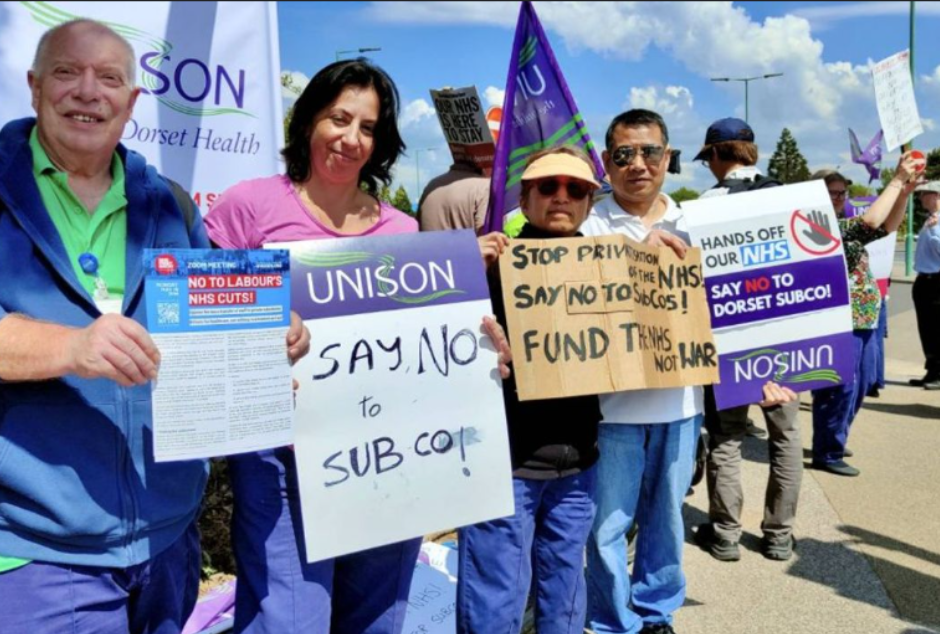In recent weeks, NHS workers from across several trusts have turned out onto the streets, not to celebrate or to promote, but to protest. The reason? The contentious shift of their jobs to subsidiary companies — a step many interpret as a backdoor road to privatisation and a threat to their rights, pay, and long-term employment security.
What’s Happening

Several NHS Trusts in England have established wholly-owned subsidiary companies — in other words, standalone businesses owned by the NHS — to handle non-clinical services such as estates, maintenance, portering, and domestic work. The trusts say this will be cost-saving through tax efficiencies and more flexible recruitment.
But for many NHS staff, this shift is sounding alarm bells. These workers, most of whom have given decades to the NHS, are concerned that having their employment transferred to a subsidiary firm will ultimately see them receive worse pay, smaller pensions, and worse working conditions in the long term.
Why Are NHS Workers Protesting?

The following are some of the key issues which are fueling protests:
• Dissolution of National Terms and Conditions: Workers are afraid they will no longer be safeguarded by the Agenda for Change pay scales and benefits that ensure fair treatment and uniform standards throughout the NHS.
• Backdoor Privatisation: Most think this is an extension of an overall trend of outsourcing public services to private-style organisations at the expense of the very principles of the NHS.
• Lack of Consultation: Staff groups and unions complain that these decisions are made with little input from the very personnel whose lives and livelihoods will be touched by them.
• Morale and Retention Risks: Uncertainty about job transfers is disturbing, especially among lower-paid staff, and may lead to further staffing shortages in the already stretched-out system.
Voices from the Ground

There have been protests at trusts such as Leeds Teaching Hospitals, Mid Yorkshire, and Liverpool University Hospitals. Staff Members have marched with placards bearing slogans like
“We Are NHS, Not for Sale” and “Stop the Two-Tier Workforce”. Most employees feel betrayed for having offered years, sometimes decades, of service to end up being treated as” Cost-cutting tools.”
A porter at a hospital in Yorkshire summed it up simply: “We don’t want to work for a shell company. We joined the NHS, and we want to remain in the NHS.”
What Do Unions Say?

Unite the Union, Unison, and the GMB have all been strongly opposed to these subsidiary arrangements. They say that although the trusts remain as legal owners of the companies, the separation brings with it the prospect of altering employment terms in the future, and eventually the collapse of a cohesive NHS workforce.
Unison General Secretary Christina McAnea said: “These backdoor changes risk dismantling the NHS from within. Staff shouldn’t be used as pawns in a cost-saving exercise.”
What’s Next?
Some have suspended or pulled back from plans in the face of public and staff opposition, but others are still pressing ahead. The greater the public debate as it develops, the more heated the argument about whether these kinds of decisions are in the spirit and tradition of a publicly owned and publicly run NHS.
Final Thoughts
The protests remind us forcefully how important it is to engage frontline staff in significant decisions, particularly those relating to their livelihoods and the services they provide. The NHS is not just an institution; it’s a concerted effort of committed professionals working around the clock for patient care.
As this tale unfolds, what is certain is that NHS workers aren’t only struggling for their rights — they’re fighting for the integrity of the health service itself.
